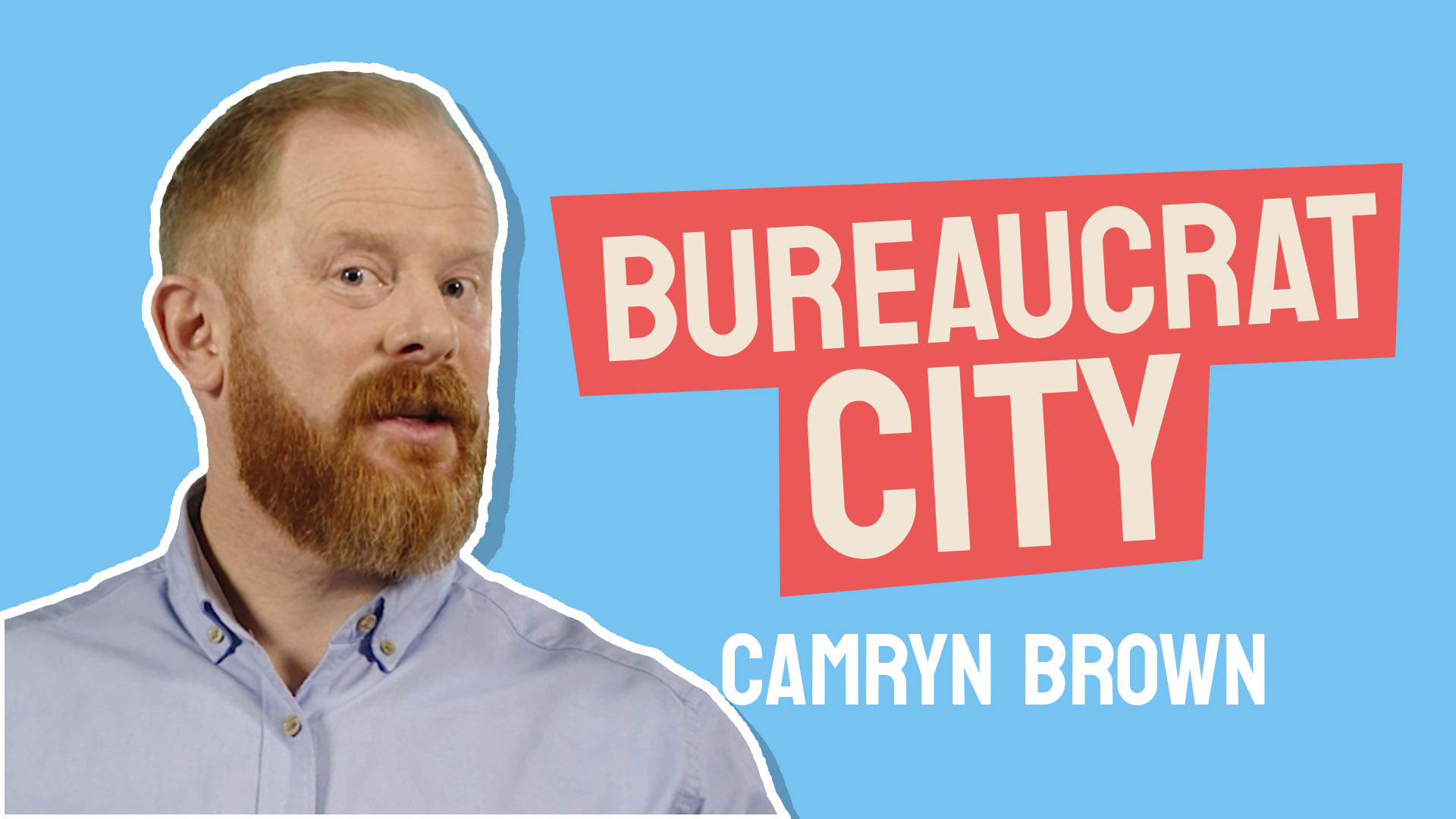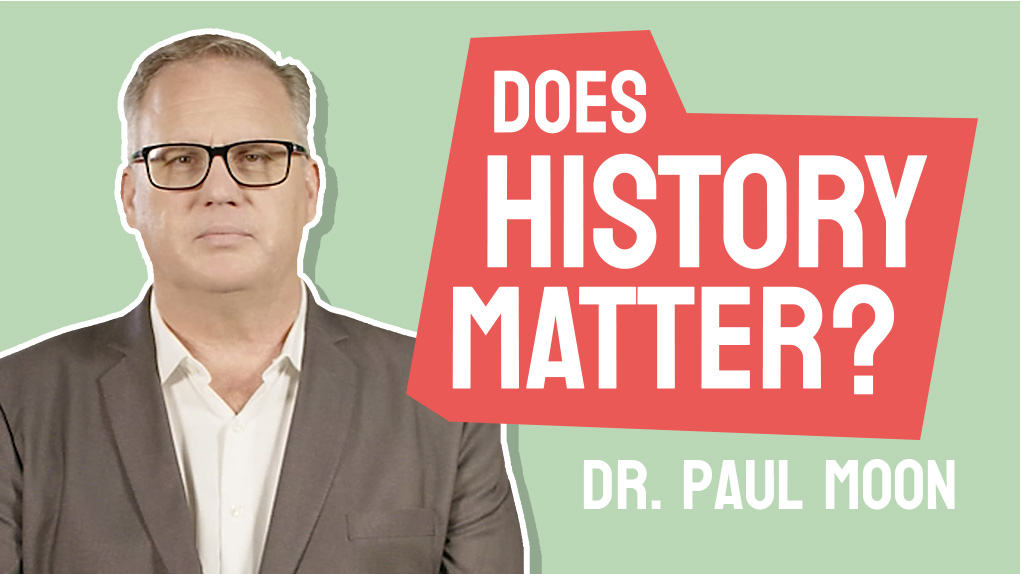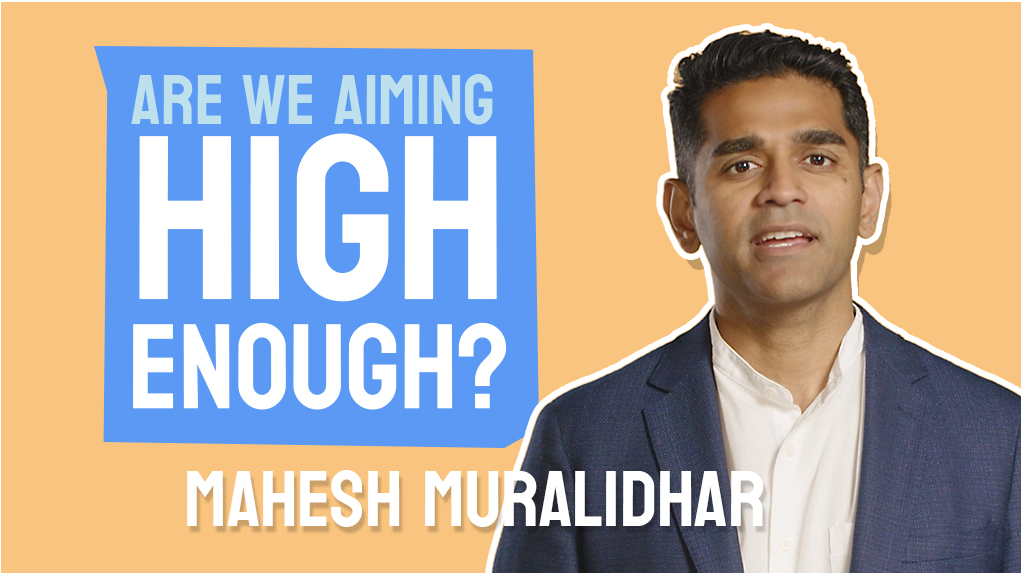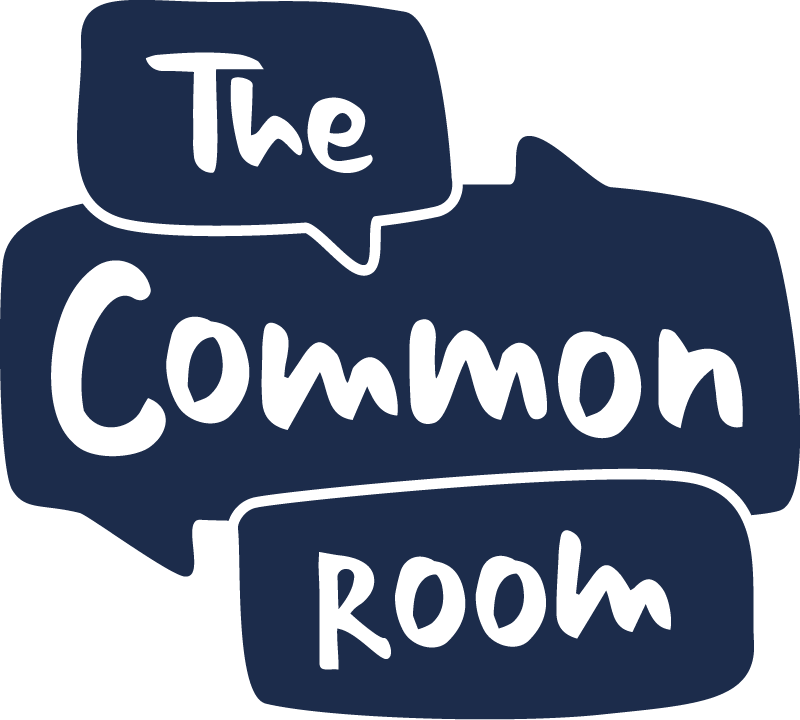The Economic Miracle
Dr Oliver Hartwich, Executive Director, The New Zealand Initiative
15 January 2023, 25.3k views
In May 1945, Prime Minister Winston Churchill led Britain to victory. He was celebrated as a hero, but only two months later, the Brits elected a new Parliament and a new Prime Minister, Clement Attlee. Attlee promised to rebuild the country by taking control of the British economy, but it was a disaster. Over in West Germany, they took a different approach and managed an economic miracle. Watch Dr Oliver Hartwich, Executive Director of The New Zealand Initiative, explain why this history is relevant to New Zealand today.
The German philosopher Georg Hegel once said, “The only thing we learn from history is that we learn nothing from history.” That was a pessimistic way of looking at things. But then again, I did mention that Hegel was German. Well, I am German too. But I also carry a New Zealand passport. And as it happens, I believe, possibly optimistically, that history can teach us a lot. If we all knew just a bit more history, the world would be a much better place. As another great philosopher said: “Learn from the mistakes of others. You can never live long enough to make them all yourself.” That was Marx, by the way. Well, not Karl Marx – Groucho Marx.
So let’s have a quick history lesson and see if we can learn something.
The year is 1945. World War II has ended. Nazi Germany has been defeated by the allied forces: the United States, Britain, France and the Soviet Union. In Britain, it was Prime Minister Winston Churchill who led his country to victory. He was celebrated as a hero in May 1945. But only two months later, the Brits elected a new Parliament and a new Prime Minister, Clement Attlee. Why did they elect Attlee and his Labour Party? Well, because Attlee had a simple and appealing message: Britain had won the war. But now it needed to win the peace, too. Clement Attlee promised to build a ‘New Jerusalem’ – a country where milk and honey flow.
And how did he want to make that happen?
Well, with the same tools that Britain had used to win the war: a massive, collective, national effort. The idea was that the British state, which had defeated evil Nazi Germany would now use its extraordinary power to build a better country. The Attlee Government took control of the British economy. Entire industries were nationalised. Coal, iron and steel, aviation and railways, telecommunications and shipbuilding, gas and electricity supplies, even the long-established Bank of England. They were all brought into state ownership.
Britain’s new economic order expanded the welfare state. The Attlee Government created the National Health Service. Countless regulations and controls accompanied it. Britain never got as close to central planning as it did in the years following World War II. The result was dismal. It ended in economic disaster. In 1973, the UK had to introduce the Three-Day Week to save electricity. Then, in 1976, it needed a bailout from the International Monetary Fund. The economic crisis culminated in the “Winter of Discontent” of 1978/79, when nothing worked. The British experiment of a state-run economy had failed. So, Britain demonstrated how not to pursue economic policy.
For sure, sweeping state powers are necessary to win wars. But running an economy is different from fighting a war. Ironically, the country that showed the alternative was West Germany. For the Germans, their total war had ended in total defeat. German cities had been bombed out; the economy lay in ruins; the population was demoralised; the nation was morally disgraced. These were hardly the best conditions for an economic recovery. But West Germany managed an economic miracle.
The miracle was led by Ludwig Erhard, a liberal economist. He later became Economics Minister and Chancellor. In all areas of the economy, the West Germans did the opposite of Great Britain. There were no nationalisations, no economic planning, no price controls. Instead, there was solid monetary policy through an independent central bank, economic freedom and a basic system of social security. Erhard called his concept the “social market economy” and promised “prosperity for all”. It delivered just that. West Germany became the economic powerhouse of the post-war era. By the late 1960s, West Germany overtook Britain in GDP per capita.
If we look at New Zealand today, we just fought a kind of war: that was the war against Covid. For this war, we gave the state extraordinary powers: to lock us up, to close our borders, to support the economy. But now that we are leaving Covid behind us, we need to return to our liberal traditions. We cannot let the state plan our lives. We cannot let it run large parts of the economy. We need a free market, a free economy and free Kiwis to generate prosperity for us all. And to deliver opportunities for all New Zealanders.
That is what I have learnt from history. And I hope you enjoyed this history lesson.
I’m Oliver Hartwich, Executive Director of The New Zealand Initiative, for The Common Room.




